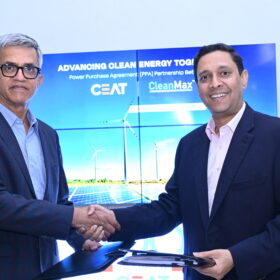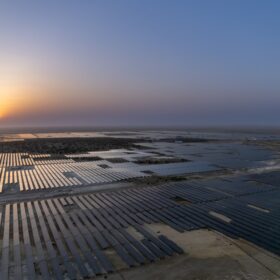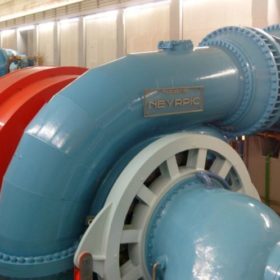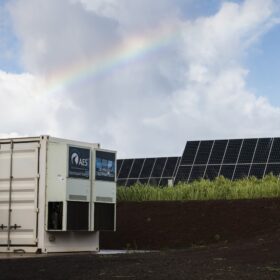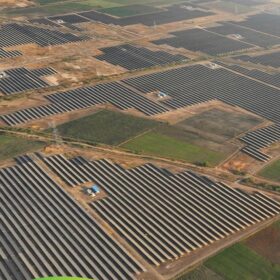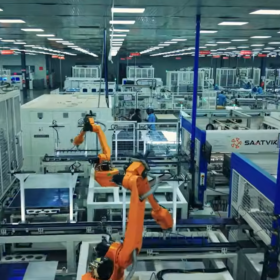Elcogen expands into India and APAC to support industrial decarbonisation with advanced fuel cell technology
Elcogen, a European developer of solid oxide fuel cells and electrolysers, has announced its expansion into India and the wider Asia-Pacific region with the appointment of Anil Srikar Pavuluri as business development director for the region.
Waaree Renewable Technologies records Q3 revenue of INR 851.06 crore
Waaree Renewable Technologies Ltd (WRTL), the EPC arm of the Waaree Group, reported its highest-ever third-quarter revenue of INR 851.06 crore for Q3 FY2026, marking a 136.18% year-on-year (YoY) increase from INR 360.35 crore in Q3 FY2025.
CEAT partners with CleanMax for 59 MW hybrid wind–solar projects for captive use
CEAT, a leading Indian tyre manufacturer, has partnered with CleanMax Enviro Energy Solutions Ltd (CleanMax) to develop 59 MW of hybrid wind–solar projects for captive consumption. The projects will supply renewable power to its Halol facility in Gujarat and Kanchipuram facility in Tamil Nadu.
Pace Digitek secures 300 MW solar EPC order from Bondada Engineering
Pace Digitek Ltd has secured the balance-of-systems package from Bondada Engineering Ltd (BEL) for a 300 MW solar project.
Powering the green shift: How India’s renewable energy workforce evolved in 2025 and what lies ahead in 2026
High solar irradiation, expanding wind corridors, improving transmission infrastructure, and declining storage costs position India to be one of the largest contributors to incremental global renewable capacity additions by 2030. This also strengthens India’s role as a long-term hub for renewable project execution talent.
ENGIE awarded 200 MW solar project with 100 MW/600 MWh battery storage by SECI
ENGIE has secured a 200 MW solar project paired with a 100 MW/600 MWh battery energy storage system (BESS) in India. The project was awarded through a competitive bidding process conducted by the Solar Energy Corp. of India (SECI).
L&T secures 3 GW pumped storage project from Torrent Power arm in Maharashtra
Larsen & Toubro (L&T) has secured an order from Torrent Energy Storage Solutions for the construction of the 3 GW Saidongar-1 open-loop pumped storage project (PSP) in Raigad, Maharashtra. The PSP will comprise ten units of 300 MW each.
Grid-forming inverters significantly enhance grid stability, national lab finds
The Kauaʻi Island Utility Cooperative in Hawaii, which deployed storage before grid-forming inverters became available, became a test case for diagnosing grid issues that can arise with older grid-following inverters, and how grid-forming inverters can stabilize a grid.
India adds record 37.9 GW of solar capacity in CY2025
Solar additions in CY2025 comprised 28.6 GW of new utility-scale solar capacity (up about 54.6% year-on-year), 7.9 GW of rooftop solar capacity (a 72% YoY increase), and 1.35 GW of off-grid/distributed solar capacity (8.8% lower than installations in CY2024).
Saatvik Green secures INR 13.80 crore solar module supply order
Saatvik Green Energy Ltd’s arm Saatvik Solar Industries has secured an order worth INR 13.80 crore from a private-sector power producer for the supply of solar PV modules. The order is scheduled to be executed by February 2026.



